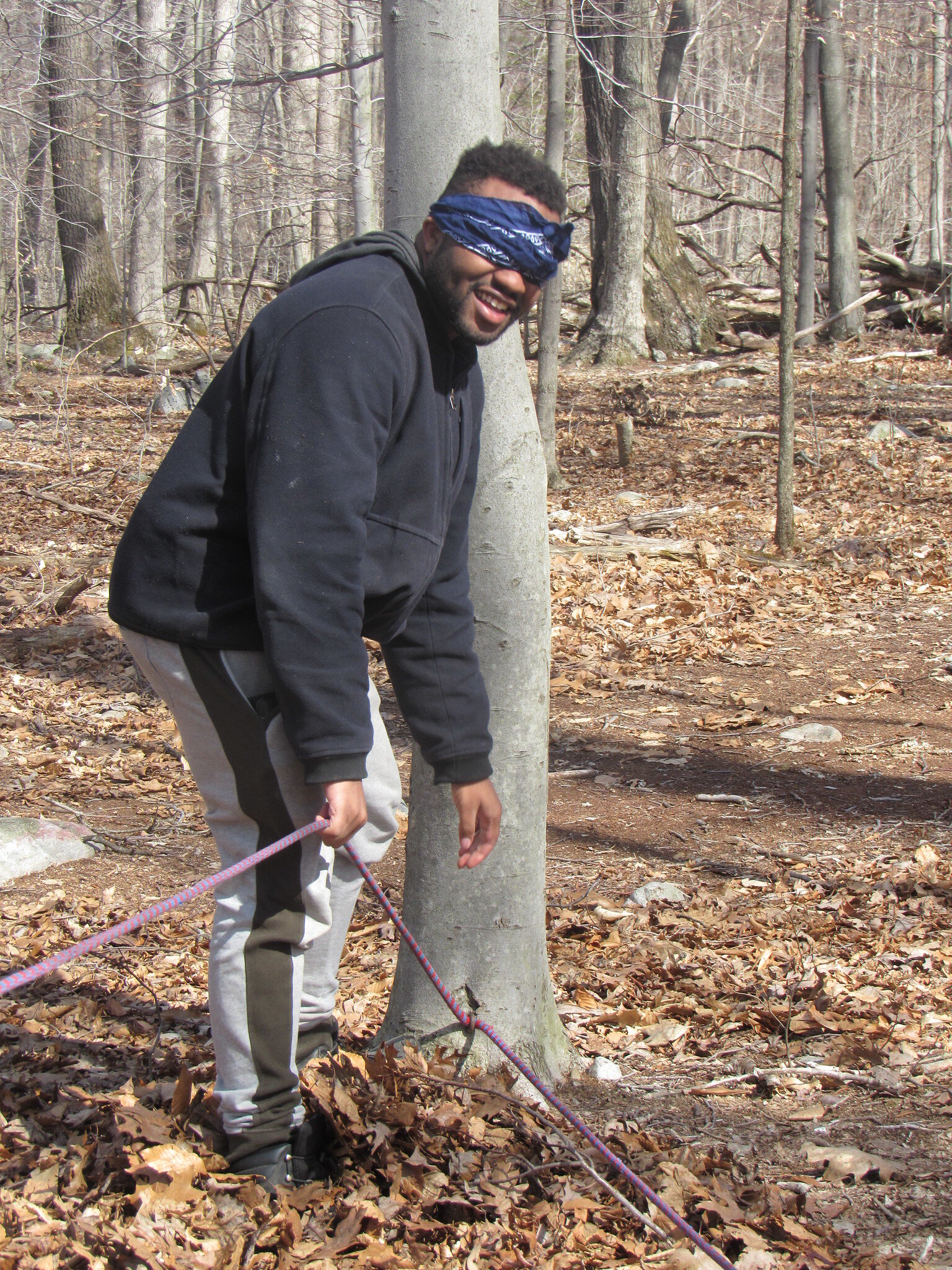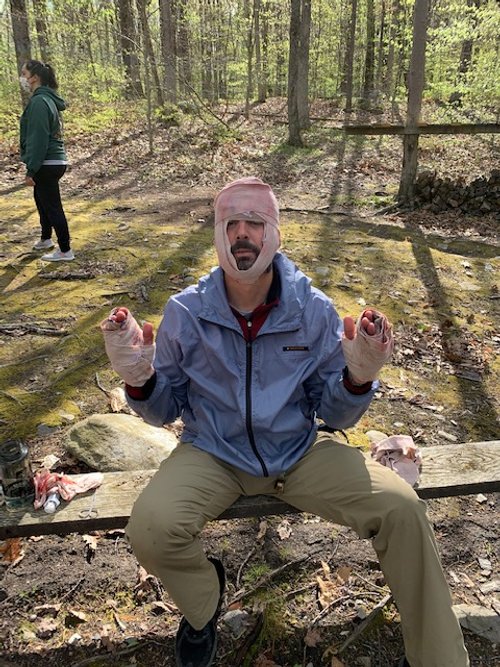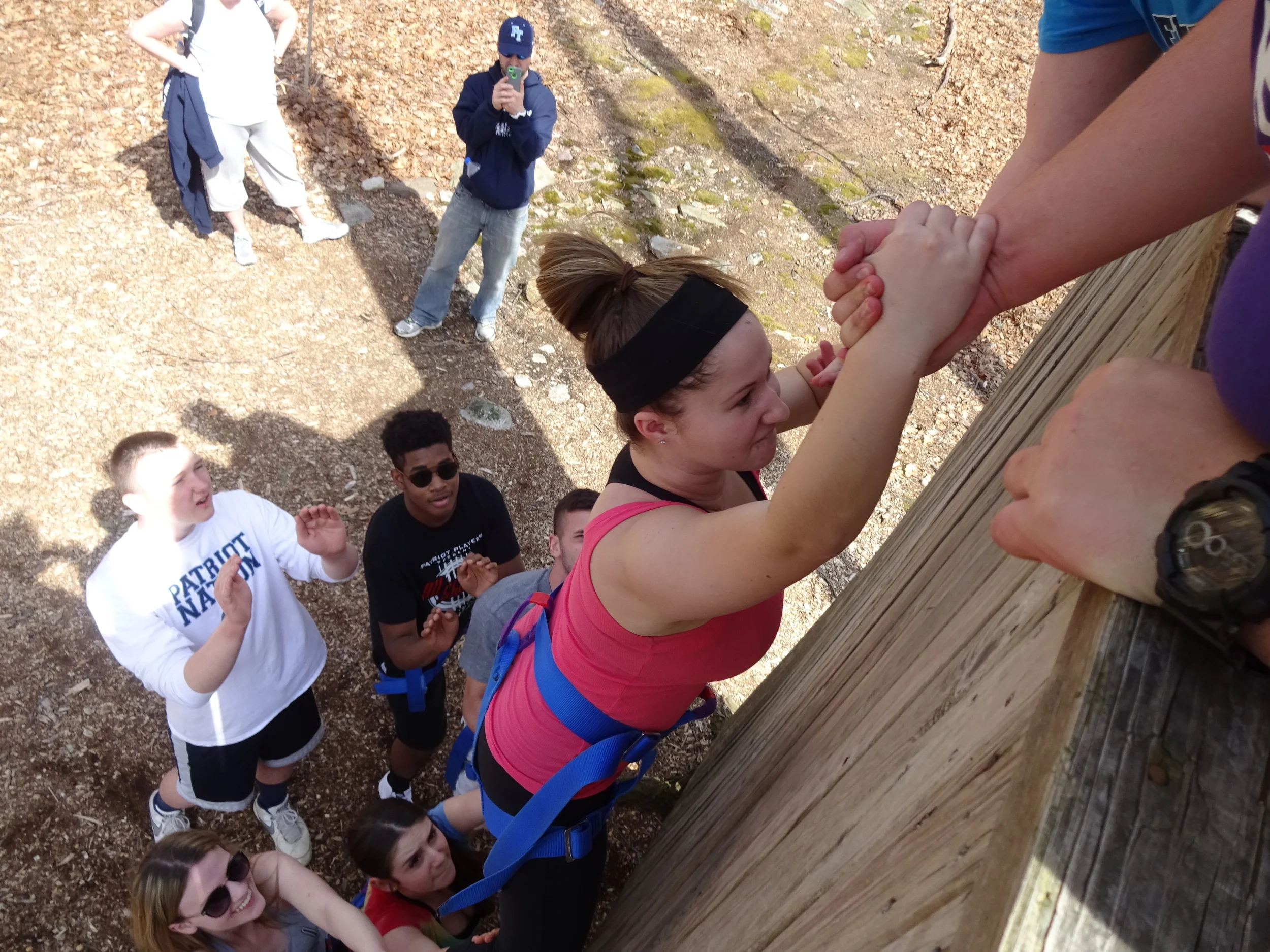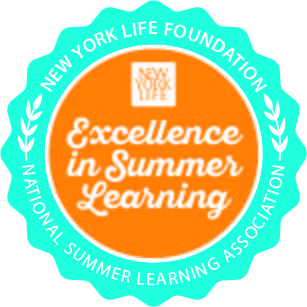International SEL Day at PBC
/The second International SEL Day is happening today, March 26th. This day of recognition invites communities across the globe to celebrate the importance of social emotional learning (SEL). This year’s theme is “Building Bonds, Reimagining Community,” which traces closely the arc and aim of the programs that PBC provides for thousands of young people each year.
Adam Faller, Assistant Director of Operations and Staff Development, talked about PBC’s process. “The sequence that we build with students, whether virtual or in person, is to start with building relationships and group norms.” An intentional small group setting helps promote interpersonal connections and the ability to reflect and connect with the others in the group. “We try to focus on all aspects of social emotional learning, in any length program. Our debrief exercises really focus on the entirety of the social-emotional learning spectrum,” said Adam. “Yes, sometimes people get angry, frustrated, or upset – but all of that provides learning opportunities for them, and for us.”
When thinking about an activity that is particularly applicable, Adam described an exercise that uses a maze with just one exit that participants try to complete while blindfolded. “You put them in a maze that effectively has no end, and say ‘If you need help, just raise your hand.’ Inevitably, there are almost always a few [participants] who will refuse help and continue to wander the maze indefinitely. This exercise really speaks to all the pieces of the SEL wheel – am I self-aware enough to ask for help? Can I recognize other people asking for help? Am I comfortable asking peers or leaders for help? And so on.”
Director of Programs Mark DeBiasse described an instance where an intensive focus on SEL over the course of several weeks in the PBC Leader-in-Training Program proved transformative. A teacher in Newark schools who also serves as a member of the PBC Advisory Council mentioned one student who had participated as an LIT II, staying on Campus for six weeks. “It was clear to him and to the other faculty that this individual was challenged when it came to social-emotional learning through their observations of the student in their school setting, especially in regard to self-awareness and self-regulation,” said Mark. The teacher and others felt this student had tremendous potential but would often see them exhibit behaviors or make comments that reflected a lack of age-appropriate SEL skills. “While speaking about the impact of PBC’s programs, [the teacher] went on to describe the maturity and personal growth that he and the other educators observed at school and in the classroom after the student’s summer in the LIT program.”
Facilitator Tabs Alam shared a perspective about how SEL work can not only contribute to personal and individual growth, but also the growth and development of a group. One particularly impactful group that she facilitated was a session with the Center for Great Expectations, a nonprofit that “provides transformational mental health and substance use disorder treatment to women, children, men and families impacted by trauma, abuse and neglect.”
Great Expectations “were willing to really challenge themselves and one another over the course of their program,” said Tabs. She described how the dynamics and demographics of the group required her to tap into her full range of facilitation skills since they were starting from a place of knowing one another very well and were also committed to being completely honest with themselves and each other; in a way it was often difficult to be with other people in their lives. “They wanted to learn how to really respect and support one another. It was very different than working with student groups; often, it is hard to know what might be too much, what the triggers might be, versus with this group - everything was on the table. And if something [really difficult] did come up, they would work through it together.”
The group was simultaneously dealing with a host of complex, difficult, and deeply personal challenges. “They had dealt with all kinds of different things, like sexual abuse, substance abuse, trauma, attempted or failed family reunification…Many were in the program because they were trying to prevent family separation and/or relapse into substance abuse.” With all members of the group living together but also working through their own high-stakes challenges, small interpersonal conflicts could result in larger emotional or even physical fights. Forgiving one another was easy, but preventing future conflicts was harder. After completing some of the group activities together, a lightbulb moment emerged.
“One of the women stepped up and said, ‘I always think that people are trying to correct me, and it makes me so mad…what I sometimes don’t realize is that all these people here are trying to correct themselves the way I am trying to correct myself. I forget that people lash out because they, too, are dealing with their own [trauma].’”
Tabs chose activities to specifically address things like exploring and breaking down different communication styles, which would make an impact on the ways that people related to one another immediately but also served to assist with things like the interpersonal conflicts in the shared living space over the longer term. Other activities included a Celebrity Charades game that helped people recognize and talk about the different “masks” they sometimes wore, and why. Over the course of several days, the lateral efforts of the group challenging and supporting one another amplified the effect of Tabs’ facilitating: “They were doing these activities with others who they had already given permission to push and challenge them, rather than me always needing to challenge or push someone myself. And I made it clear to them too - even if this conversation doesn’t happen in front of me, it’s still happening and it’s still progress. Those [are the kinds of] effects that go far beyond what I alone can do in an initial program.”
By the time the program concluded, it became evident that the group was on the right path for long-term cohesion and committed to continued growth, together. “They started to demonstrate how self-aware they were about the role they played in each other’s lives and recoveries – they all seemed to feel like, I need to hold these people very tightly, because they have become an essential part of my growth.”
























